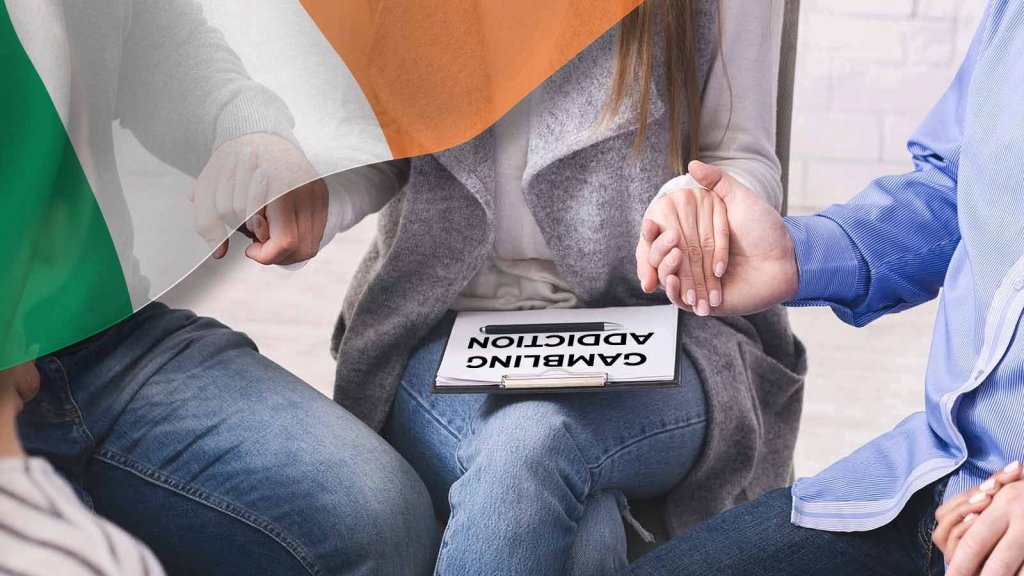
Getting Help: Ireland's Responsible Gambling Organizations
All the information in this page was checked by:
Every piece of information we present is rigorously verified by our team of experts using multiple credible sources, ensuring the highest level of accuracy and reliability.
We have paid partnerships with the online casino operators featured on our site. We also earn commissions when you, the user, click on certain casino links. These financial partnerships do not affect our reviews, recommendations, or analysis. We remain committed to delivering unbiased gambling reviews.
Learn moreIreland’s responsible gambling institutions offer access to a great array of support options, as the data reports show that recovery programs guided by specialists tend to be 5 times more effective than trying to address problem gambling by yourself.
Many people live with the impression that getting professional help is only necessary in extreme cases, when, in fact, early intervention prevents major financial and psychological damage.
- The Complete List of Irish Responsible Gambling Institutions
- Responsible Gambling Institutions with Free Helplines
- Does Gambling Count as a Mental Illness?
- Signs that Indicate You Have a Gambling Addiction
- Gambling Therapy– Paid Or Free?
- Available Therapies for Gambling Addiction in Ireland
- General Gambling Statistics in Ireland
- Is there a Prevalent Gambling Addiction Problem in Ireland?
- Safe Gambling Habits to Practice
- References
The Complete List of Irish Responsible Gambling Institutions
| RG institution | Type of therapy | Key benefit | Efficiency | Access |
|---|---|---|---|---|
| Helplink Mental Health | One-on-one and group counselling | Sharing in a group diminishes relapse | 75% | More info |
| Dunlewey Addiction Services | Confidential helpline and counselling | Helpline available 365 days per year | 65% | More info |
| Walkinstown Greenhills Centre | Group counselling | Complementary therapies (massage, acupuncture) | 80% | More info |
| Cuan Mhuire | Different types of therapy are available | Aftercare and residential transition | 75% | More info |
| Aiséirí Clinics | 12-step programs, residential care | Holistic approach, meditation, yoga | 70% | More info |
| Rutland Centre | Residential care, outpatient program | Family mobilisation workshops | 80% | More info |
| Gamblers Anonymous | 12-step program | Spiritual focus | 65% | More info |
| Tabor Group | Different types of therapy available | Community-based treatment | 55% | More info |
| Extern Problem Gambling | CBT Treatment Program | Community-based | 75% | More info |
| Local family resource centres | Different types of therapy available | Family-focused support | 60% | More info |
| Together-Razem | Helpline, psychotherapy | Service for Polish and Eastern European migrants | 60% | More info |
| Samaritans | Volunteer support | Self-help app | 55% | More info |
| Spunout | Volunteer support | Free non-stop helpline | 55% | More info |
| Tony J. O’Reilly | One-on-one therapy | Specialised motivational counselling | 80% | More info |
| The Gambling Clinic | CBT therapy | Reduced cost | 75% | N/A |
How We Carried out Our Research on Each Institution
We analysed the efficiency of each institution’s therapy program, drawing upon our diverse backgrounds.
Engaging our experts’ education in psychology – and particularly the gambler’s psychology – as well as our first-hand knowledge of the Irish market, we were able to crunch this information into a more intuitive percentual value.
Skip the scam casinos!
Play responsibly at trusted Irish online casinos. We always make sure you have the necessary responsible gambling tools to set up spending limits and keep it on the entertainment side!
Responsible Gambling Institutions with Free Helplines
| Service | Telephone number | Schedule |
|---|---|---|
| Dunlewey Addiction Services | 1800 936 725 | 9.00 am – 11.00 pm |
| Helplink Mental Health | 0818 998880 | Out-of-hours |
| Walkinstown Greenhills | 086 0278729 | 24/7 |
| Spunout | Text SPUNOUT @ 50808 | 24/7 |
| Gamblers Anonymous | 087 748 5878 | 10 am – 10 pm |
| Samaritans | 116 123 | 24/7 |
| Together-Razem (Polish) | 021 439 55 88 | Mondays, Thursdays |
| Together-Razem (Romanian) | 021 439 55 88 | Fridays, Saturdays |
The Main Benefits of Using the Free Helplines
- While not a therapy in itself, helplines can be of great help
- Pathological bettors may get professional assistance at any hour
- When the urges are confronted on the spot, they can prevent relapse
- A free phone call may be all the gambler needs to be linked with a suitable, responsible gambling institution afterwards
Does Gambling Count as a Mental Illness?
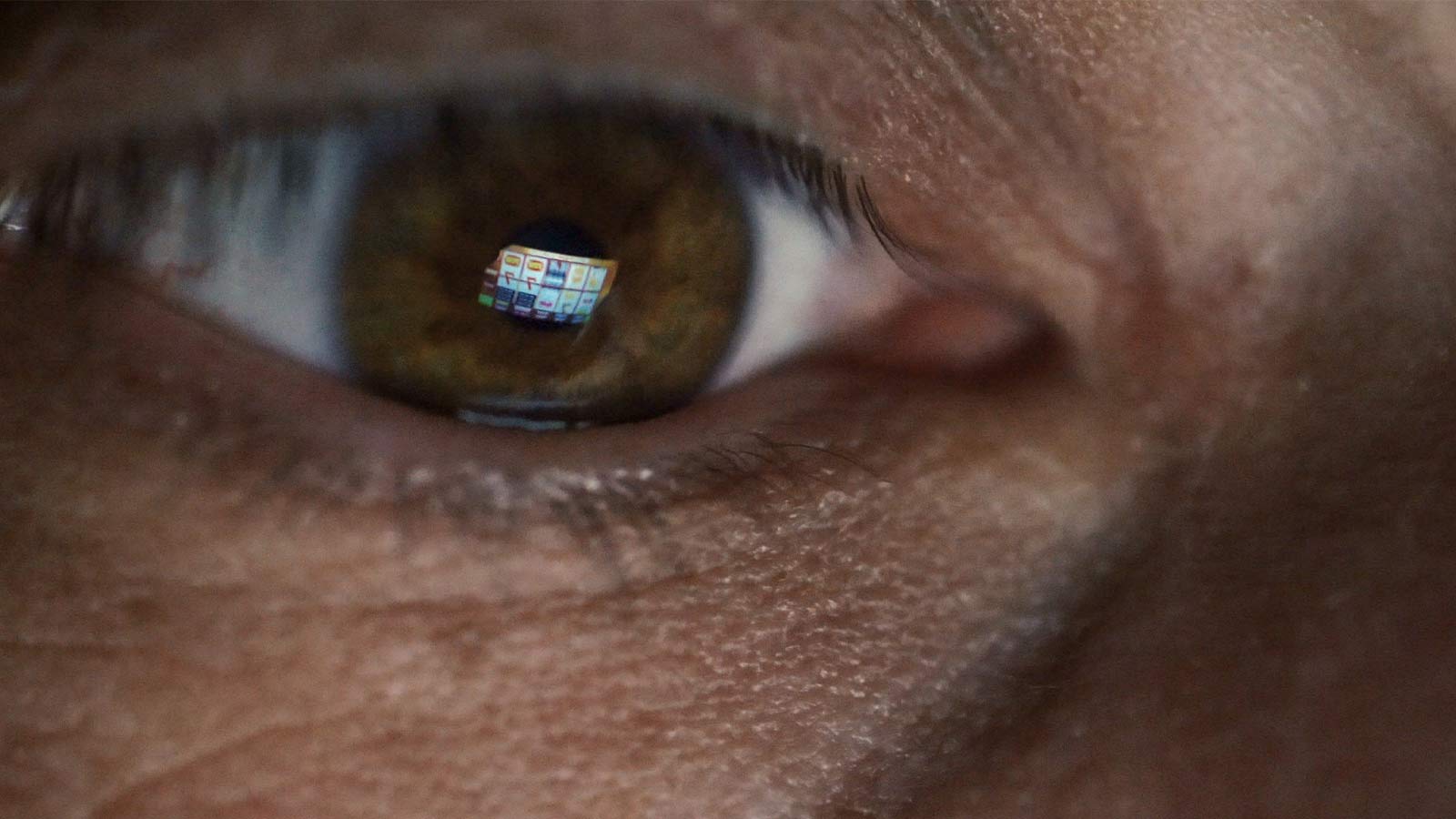
Gambling in itself is not an illness. Most players can enjoy this form of entertainment without any repercussions on their lives.
Emotionally vulnerable people are more prone to compulsive gambling
Suppose you recognise a compulsion to gamble in yourself or a loved one. In that case, refer to our practical guide and take the first steps to stop gambling addiction.
According to the Bible of Psychiatry (APA’s DSM-5), problem gambling is an impulse-control disorder.
The patient has gambled uncontrollably, and now they cannot refrain from their impulse to bet anymore.
Signs that Indicate You Have a Gambling Addiction
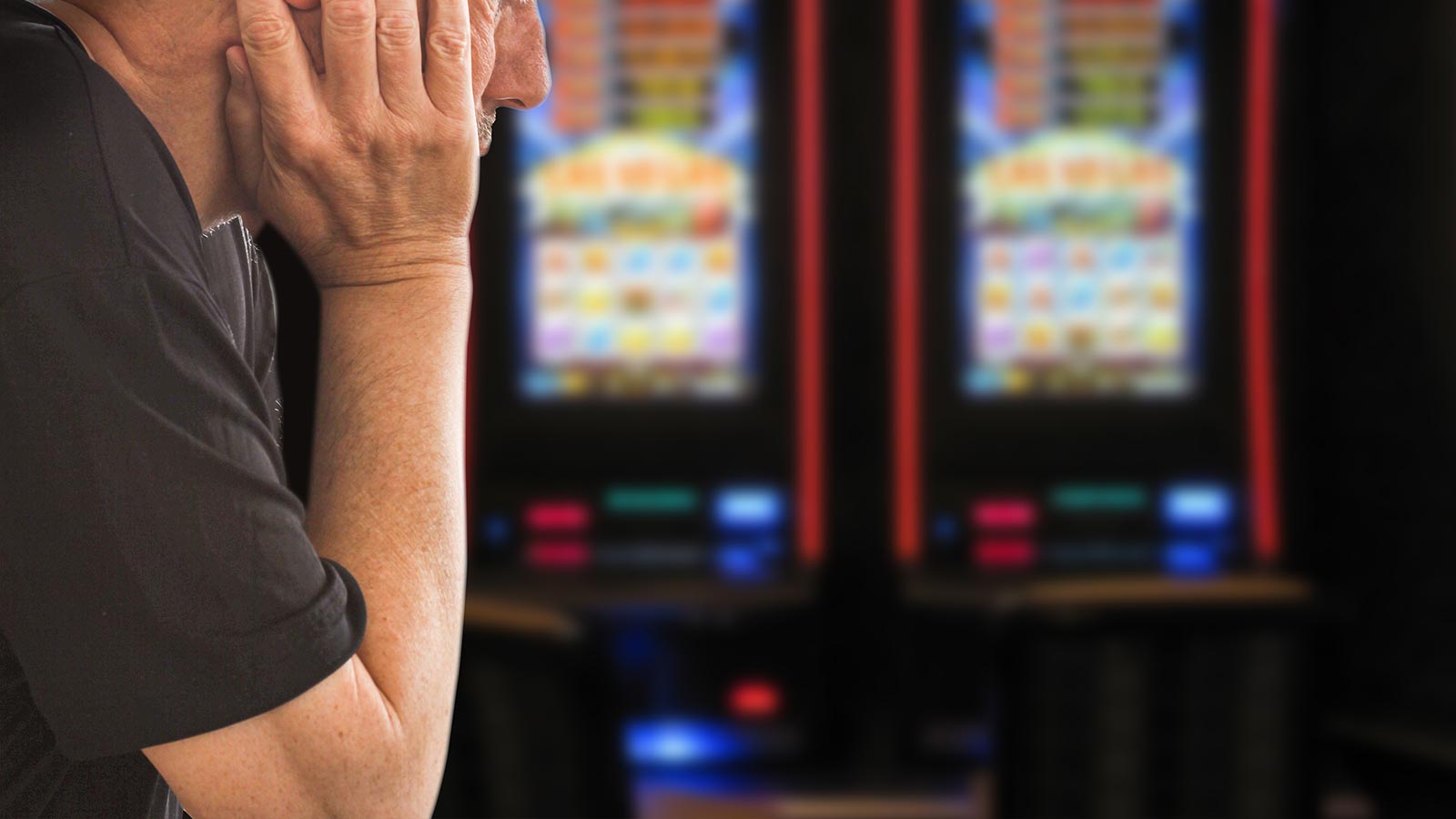
- Mood swings
- Feelings of helplessness
- Depression
- Intense preoccupation with gambling
- Cravings
- Insomnia
- Exhaustion
- Unreliability
- Evasive behaviour
- Secrecy
- Dishonesty
- Borrowing money to play
- Debts incurred from playing
- Social isolation
Toxic Gambling Habits Can Lead to More Serious Illnesses
- Depression
- Anxiety
- Low-self esteem
- Personality disorders
- Alcohol and substance abuse
- Suicidal ideation
Major Types of Compulsive Gamblers According to Scientific Researchers
| Type | Main trait | Symptoms |
|---|---|---|
| I | Emotionally unstable | Impulsive, substance abuse |
| II | Poorly adapted | Harm avoidance, anti-social |
| III | Reward-sensitive | Thrill-seeking, impulsive |
| IV | Globally adapted | High functioning personality |
Gambling Therapy– Paid Or Free?
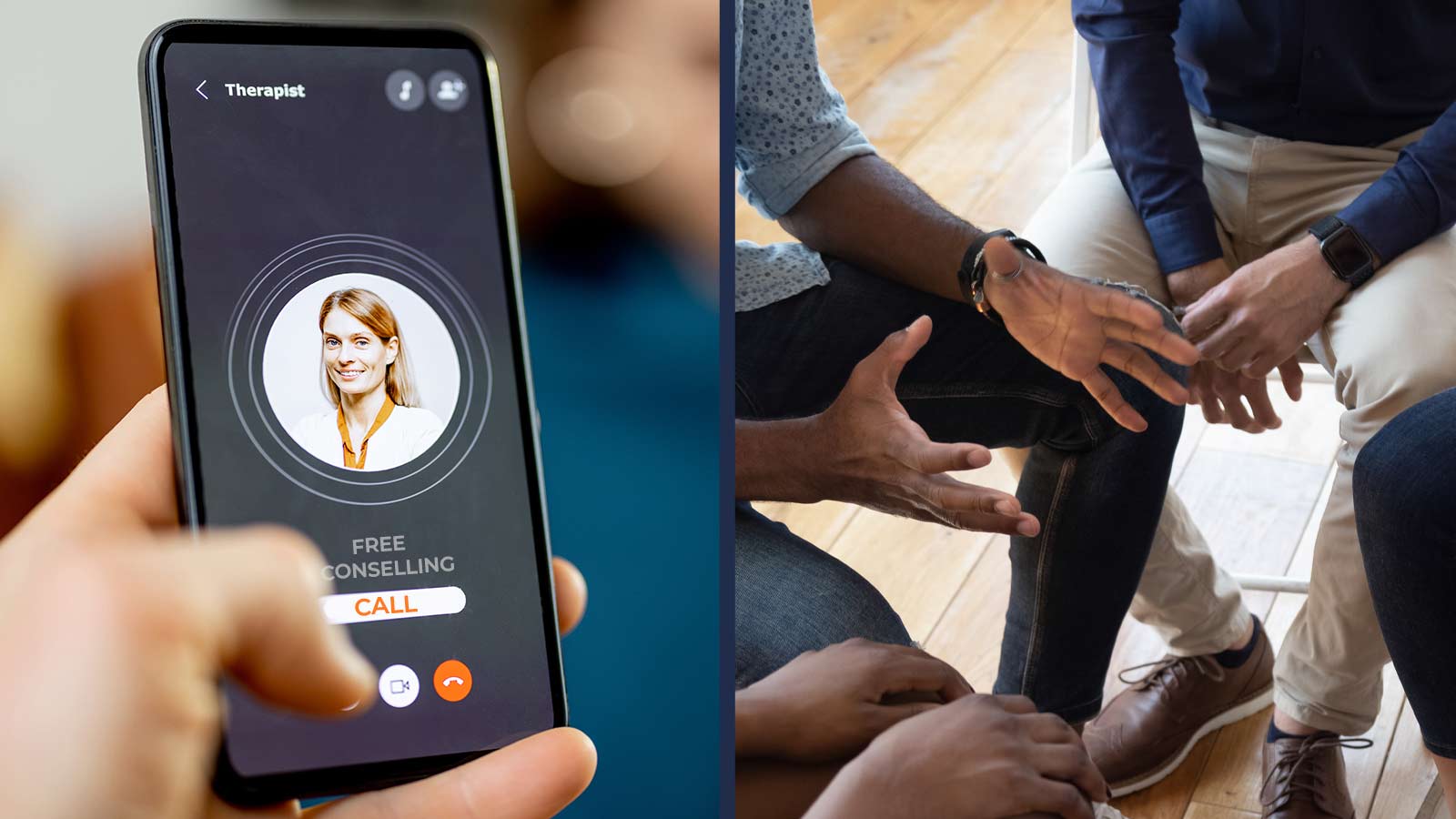
An Irish player presumed to have a gambling disorder may access free and paid therapies to get well again.
The right choice depends on a person’s psychology and the severity of their gambling problem.
Opening up with regard to your problem in a non-judgmental context is the first step to healing. You shouldn’t disregard the therapeutic value of simply talking to someone you know and trust.
Free phone counselling is the first step!
Anyone suspecting themselves or a loved one of compulsive betting should first call a free addiction helpline for an expert’s assessment.
Serious gambling addiction may require paid and extensive therapy
| Organisation | Type | Time | Cost |
|---|---|---|---|
| Rutland Centre | Outpatient facility | 10 weeks | €4,200 |
| Helplink | Art therapy | 1 hour/session | €55/session |
| Tabor Group | CBT therapy | 10 sessions | €75/assessment |
| Cuan Mhuire | Residential support | 12 weeks | Individual basis |
| The Gambling Clinic | CBT therapy | 10 sessions | €700 or €70/session |
| Extern Problem Gambling | CBT therapy | 10 sessions | Individual basis |
Available Therapies for Gambling Addiction in Ireland
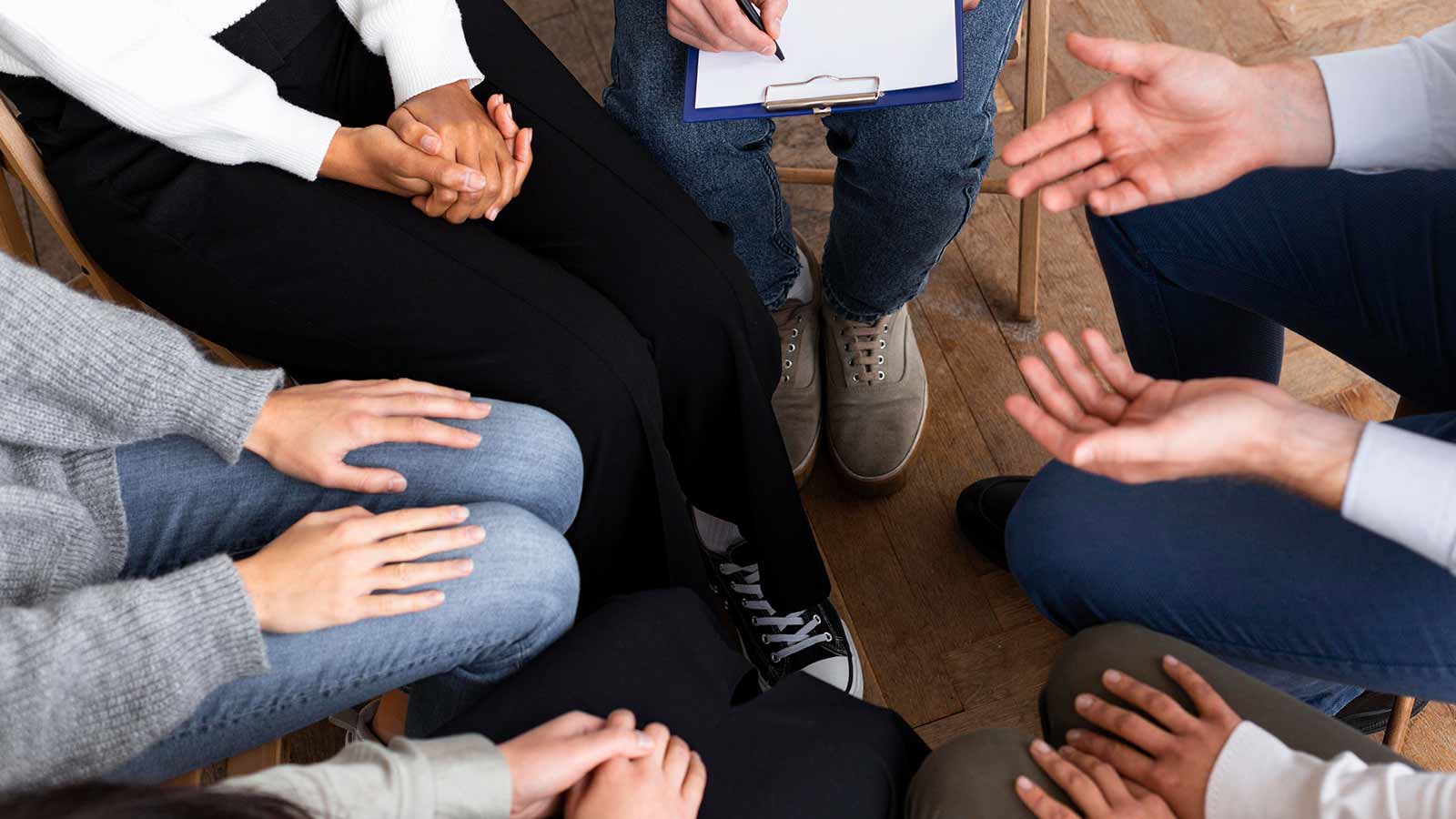
Cognitive Behavioural Therapy (CBT)
CBT centres on detecting and resolving problematic thought patterns and perceptions that trigger the compulsion to gamble.
What does CBT look for?
Addicts often assume gambling fallacies. These are classic examples of thought patterns that reinforce the compulsion to gamble.
The player might think that a series of lost wagers in roulette cannot go on forever. The ball will eventually fall in a red pocket, right?
Or, they might believe that they must win when wearing a lucky charm.
But these imply an ability to control random events, which is impossible.
Motivational Counselling
Motivational counselling is a form of therapeutic intervention that aims to dispel hesitancy toward quitting. It’s based on the following principles:
- Empathic attitude toward the addict’s hesitancy
- Understanding the mismatch between one’s behaviour and their aim
- Non-confrontational approach
- Reinforcement of the right perceptions about one’s state
- Supporting the betting addict’s capacity for self-transformation
Gamblers Anonymous (12-step Programs)
12-step programs originated in the 1930s as a form of spiritually inclined group therapy for alcoholics.
Its efficiency has been proven over the years for alcohol addiction, which prompted various organisations to apply its main principles for other forms of addiction. Such principles include:
- Sharing within a group
- Mutual aid
- Praying/meditation
- Fortifying motivation
- Forming better coping skills
- Improving the addicts’ self-image
- Building meaningful relationships and social networks
Family Therapy
Family therapy works on the premise that addiction is a systemic issue rooted in family dynamics.
It can be accessed in itself or as part of a more comprehensive recovery program.
The key benefit of this therapy is that it focuses on addiction antecedents in the gambler’s family, as well as the consequences of their behaviour.
Not only is the individual gambler healed in this manner, but also the ramifications of problem gambling within their family, contributing to better success rates.
Alternative Therapies for Gambling Addiction
- Art
- Yoga
- Acupuncture
- Meditation
General Gambling Statistics in Ireland
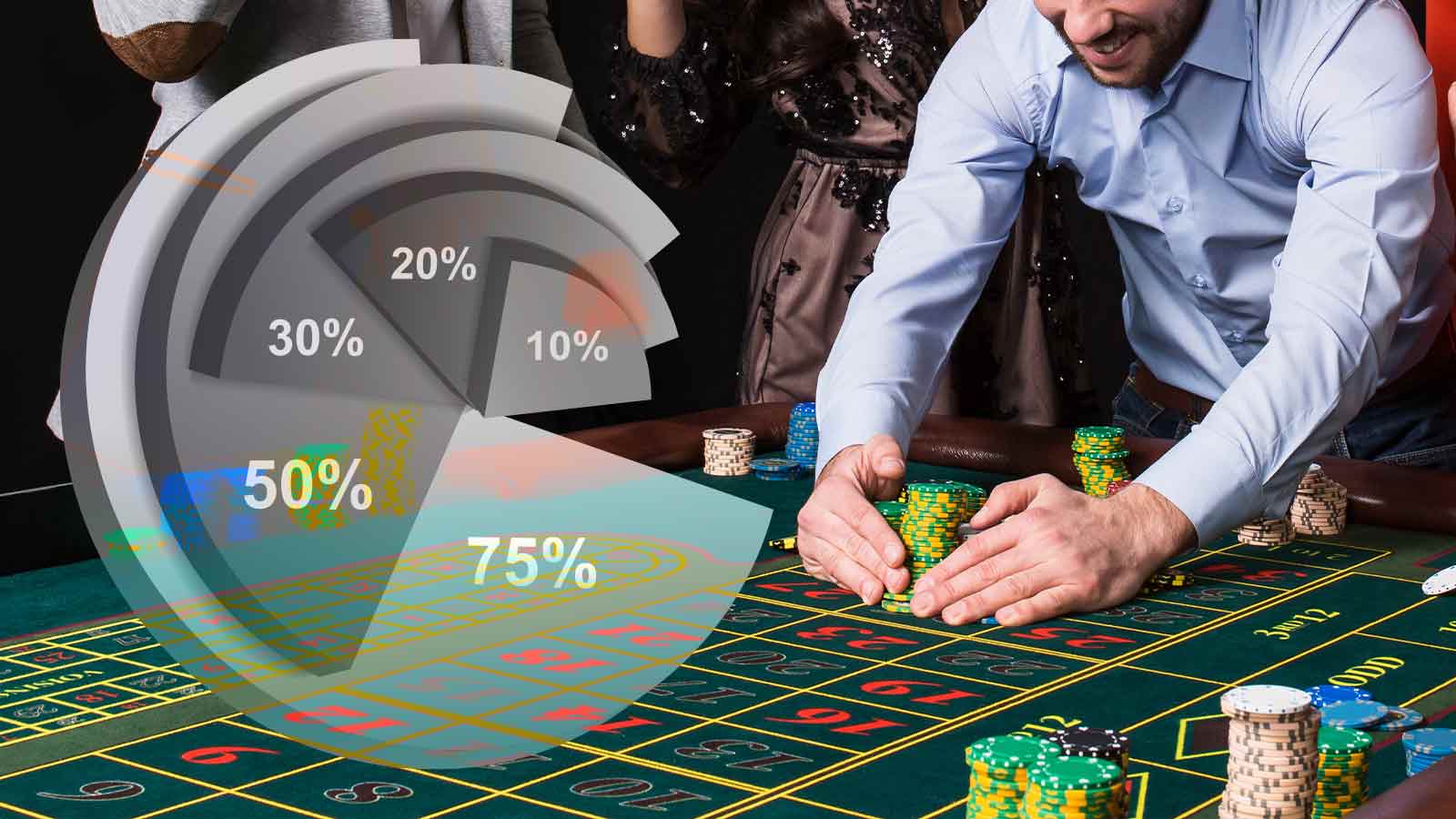
- Betting prevalence in Ireland’s general population is estimated at 64.5%
- The figure amounts to around 3 million gamblers
- Irish players wager over €5 billion yearly
- In 2016, Ireland was ranked third globally for betting losses
- 12% of all Irish adults gamble in betting shops weekly
- 3 in 4 Irish people know a problem gambler
- Irish people affected by betting-related disorders (directly or indirectly) amount to ≈330,000
Teen Gambling
- In 2010, the prevalence of teen gambling was double that of adults
- The trend maintains its relevance for today, raising serious public health concerns
- 1 in 10 university and post-graduate students are problem bettors
Gambling Prevalence by Age
| Age group | Prevalence |
|---|---|
| 15-17 | 24.9% |
| 18-24 | 55.5% |
| 25-34 | 63.9% |
| 35-44 | 70.5% |
| 45-54 | 69.4% |
| 55-64 | 72.4% |
Problem Gambling Prevalence
| Age group | Prevalence | Males | Females |
|---|---|---|---|
| 15-17 | 0.8% | 0.8% | 0.7% |
| 18-24 | 1.1% | 1.9% | 0.2% |
| 25-34 | 1.5% | 2.9% | 0.2% |
| 35-44 | 0.8% | 1.1% | 0.4% |
| 45-54 | 0.4% | 0.5% | 0.3% |
| 55-64 | 0.6% | 1.3% | 0% |
Addiction prevalence by gender is confirmed by the fact that 4.7% of Irish male bettors and 1.7% of female gamblers reported chasing losses.
Is there a Prevalent Gambling Addiction Problem in Ireland?
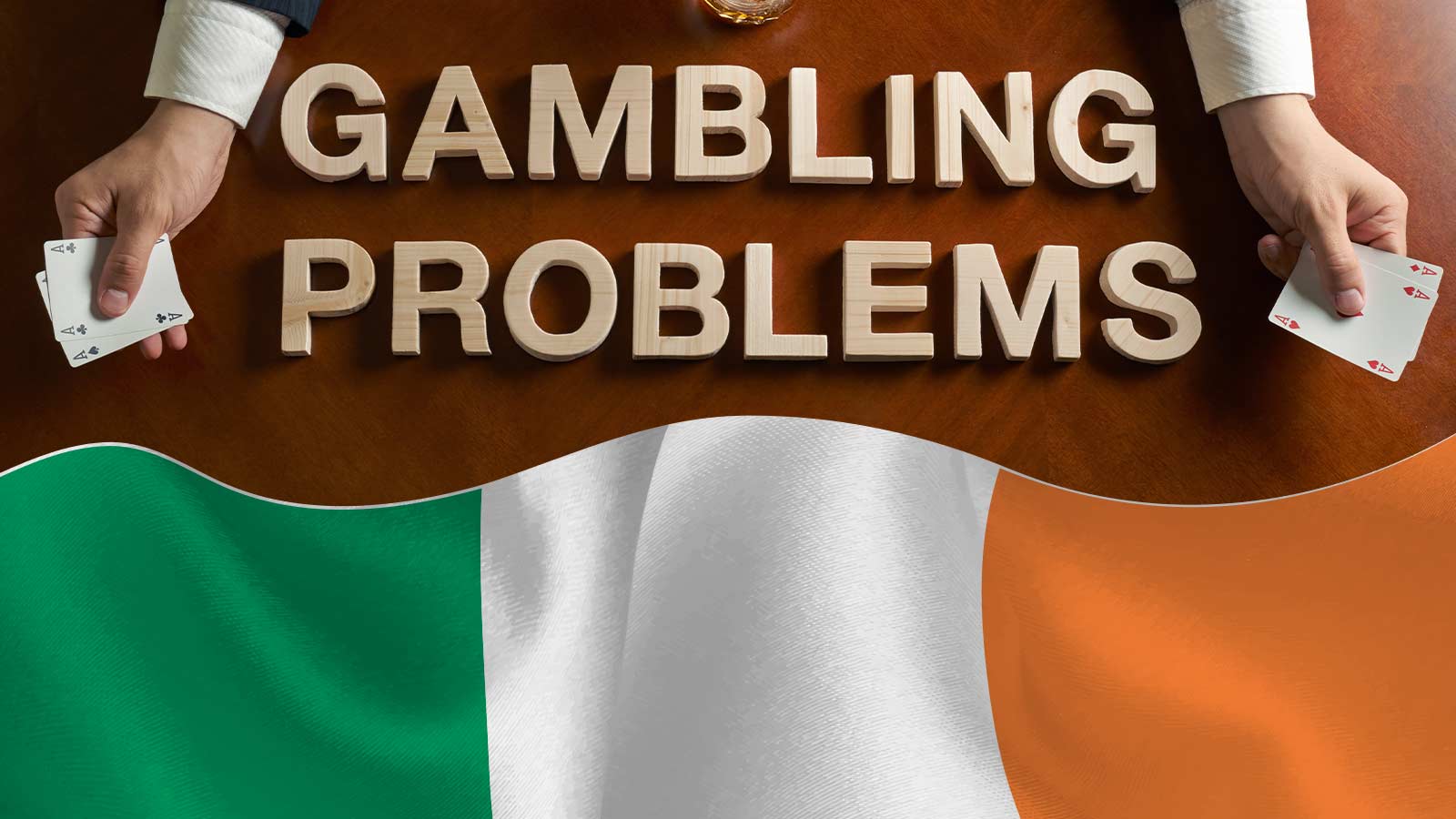
Roughly 2% of Irish gamblers develop a disorder, twice the global average.
In the UK, problem gambling rates are estimated at around 0.7% (UKGC), with some pessimistic studies citing 2.7% (YouGov).
Considering these facts, Ireland may seem problematic. However, comparing estimated addiction prevalence doesn’t tell us very much.
Is youth gambling Ireland’s problem?
Ireland’s real problem with betting is to be found in the 15-24 age group, with an approximate 2% young problem gamblers.
That’s within the global average of 1-2%, so you could say that Irish betting goes on ‘normally’.
Teen gambling addiction is a global problem!
Youngsters up to 24 years are more at risk of developing an addiction to gambling because they cannot yet form proper coping mechanisms.
We believe that a serious talk about addiction should first and foremost tackle the young’s vulnerability.
We cannot solve this issue with a top-down approach, no matter how great the government’s involvement. However, it is a parent’s duty to protect their children from gambling addiction!
Safe Gambling Habits to Practice
| Responsible gambling | Irresponsible gambling |
|---|---|
| Stopping when the fun stops | Chasing losses |
| A diversified lifestyle | The top priority in life is to bet |
| Betting purely for entertainment | Betting as escapism |
| Bankroll management | Staking without a bankroll plan |
| Using RG limits to enforce self-control | Betting to get rich overnight |
| Playing a limited percentage of your income | Lying about your real losses |
| Taking breaks when betting | Financing your bets through illegalities |
| Being open about your betting | Secrecy about your gambling habits |
| Tracking your losses and winnings | Borrowing money to bet |
References
Academic articles
- Types of Psychotherapy for Pathological Gamblers
- Gamblers Anonymous as a Recovery Pathway: A Scoping Review
- Four kinds of compulsive gamblers identified
- Playing Social Roulette: The Impact of Gambling on Individuals and Society in Ireland
- HRB publish first report on Irish gambling trends

